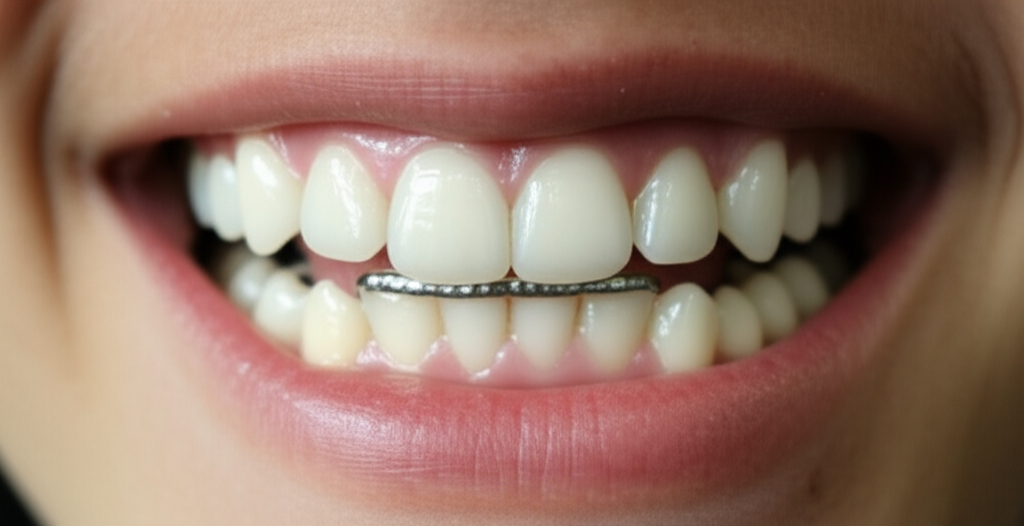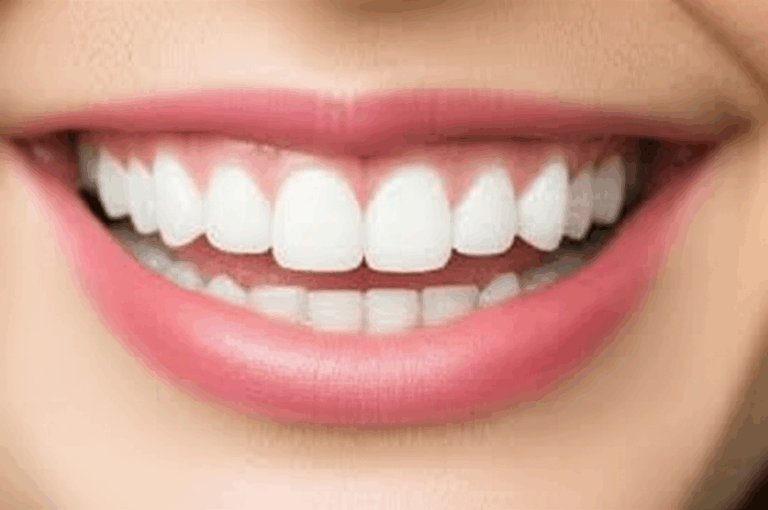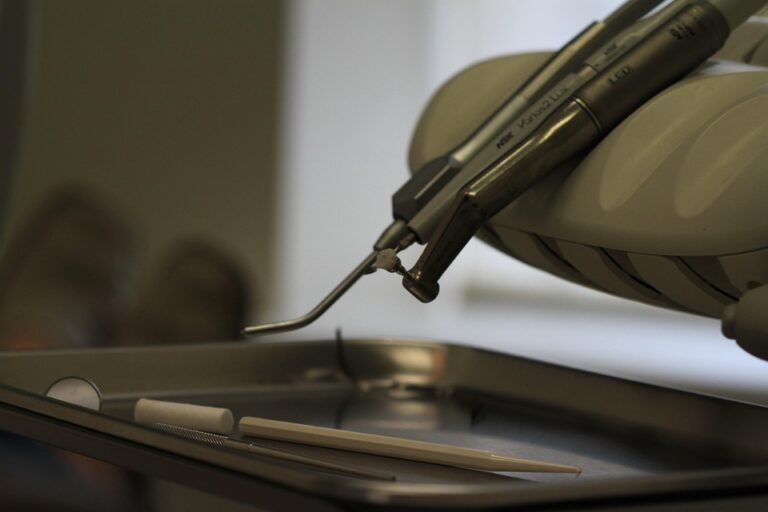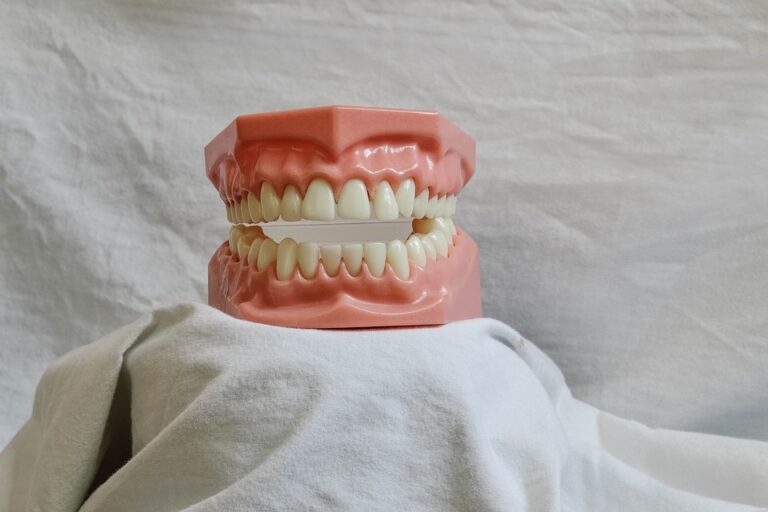
Can Wearing a Dental Grill Create Oral Health Problems? A Simple Guide to Risks & Prevention
That Grilled Smile—Cool Look or Big Dental Trouble Waiting to Happen?
Let’s be honest: when you see someone with a shiny dental grill—whether it’s gold, silver, or covered in fake diamonds—the style stands out first. But after you get over the “wow” factor, you might wonder, “Can wearing a grill mess up your teeth and gums? Will it really hurt my mouth over time?” You’re not the only one thinking that. Grills (or “grillz”) have turned into a big fashion thing, but what they do to your oral health isn’t as cool as they look.
If you’re thinking about getting a grill, or you already wear one and feel anything from a little discomfort to real pain, you should know the facts. Let’s break down the basics, bust some myths, and lay out simple steps so you can enjoy your grill without hurting your smile.
Table of Contents
- Common Oral Health Problems Linked to Dental Grills
- Why Do Dental Grill Problems Occur? Understanding the Causes
- Minimizing Risks: Best Practices for Dental Grill Wearers
- When to See a Dentist About Your Dental Grill
- Your Healthy Takeaway: Smart Steps for Grillz Wearers
1. Common Oral Health Problems Linked to Dental Grills
So, can dental grills give you oral health problems? The short answer is yes. But don’t freak out. How much trouble depends on how much you wear them, how you take care of your teeth and the grill, and what kind of grill you have.
Here are the most common problems grillz-wearers go through:
Cavities (Tooth Decay): The Hidden Trap
Think of your grill as a tight cover on your teeth. It doesn’t let your saliva, which usually helps keep your mouth clean, do its job. Little bits of food and sticky plaque get stuck a lot. Soon, bacteria feed on this stuff, make acids, and start wearing down your enamel—the hard outer part of your teeth.
- Quick Fact: About 60-70% of people who wear grillz notice more food getting caught around their teeth. Plaque can build up twice as quick under a grill if you don’t clean well.
- Bottom Line: More food and germs = more chance for cavities, especially around your gumline or places your toothbrush can’t reach easily.
Gum Disease (Gingivitis & Periodontitis): When Jewelry Gets Mean
It’s not just your teeth—your gums are in the danger zone too. A grill that doesn’t fit right, or one you keep on too long, can bother your gums. This can cause them to get red, puffy, bleed, and feel sore. Ignore this for too long, and you might get gum disease (gingivitis first, then periodontitis—which can even mess with your jawbone).
- What happens: Germs hide under and around your grill, growing quickly. If you don’t get rid of them, you get infections and your gums can pull back. Studies show that up to 80% of regular grill-wearers get irritated gums, and 1 in 4 can get early gum disease within two years if they don’t clean well.
Enamel Erosion and Tooth Damage: A Worn-Out Smile
Grills—especially cheap or badly made ones—can rub against your tooth enamel all day. This can scrape down the enamel, making your teeth weaker. Chipping, cracks, or breaks also happen if you bite into food with your grill on.
- Think about it: It’s like rubbing sandpaper on wood. Sooner or later, the surface changes or splits. Around 30-40% of people with non-custom grills say they see some enamel loss or hairline cracks.
Infections and Allergic Reactions: When Your Mouth Fights Back
Germs love the warm, wet area under a grill—especially if you don’t clean it right. Bacteria grow, and sometimes things get out of control. You might get painful mouth sores, a yeast infection (oral thrush), or even a bump with pus.
- Metals matter: Some grills have nickel or cheap metals that can make you really itchy or sore. If you see redness, swelling, burning, or peeling skin—don’t ignore it.
Bad Breath (Halitosis): The Problem You Can’t Hide
You might love your grill, but if you don’t brush and floss enough, you’ll get another “feature”—bad breath. Bacteria and food trapped under a grill stink, and even strong mints can’t always mask it.
Tooth Sensitivity and Stains: A Nasty Ache and Dirty-Looking Teeth
When enamel gets thin, it can open paths to the inside of your teeth, making them hurt when eating hot, cold, or sweet foods. Also, certain grill metals—especially the cheap stuff—can leave stains or hold in food that makes your teeth look yellow or dark.
2. Why Do Dental Grill Problems Occur? Understanding the Causes
Let’s look at why these problems pop up. Hint: Most of the time, the grill isn’t the problem by itself. It’s more about the fit, what it’s made of, and how you clean it.
Bad Fit: One Size Doesn’t Fit Everyone
Normal (store-bought) grillz are like hats that say “one size fits all”—they almost never really fit right. They can squeeze on your teeth and gums strangely and create pressure spots. Over time, this can wear down enamel, change your bite, or make your jaw ache.
- Tip: Custom-fit grillz, made from a dentist’s mold, are safer because they fit your teeth better and don’t move around and rub.
Poor Hygiene & Dirty Grills: Out of Sight, Out of Mind
You wouldn’t leave dirty dishes in the sink all night, right? (Well, maybe sometimes.) But leaving your grill in or skipping cleaning is just as bad for your mouth. If you don’t brush or clean your grill, germs take over.
- Truth: If you leave grillz in for eating or sleeping, you let germs and bits of food stay in your mouth all day and all night.
Grill Material Quality: Not All That Shines Is Gold
Gold, platinum, and palladium are the top picks—not just because they look good, but because they’re “biocompatible” (they don’t bug your mouth). Cheap metals like nickel or copper, or plastic types, are full of holes, let germs grow, and can make you break out in a reaction.
- Did you know? Even some good metals can still cause trouble if you don’t keep your grill clean.
Wearing Grillz Too Much: Give Your Teeth a Break
If you wear grillz to sleep, snack, or all day long, your teeth and gums don’t get a break. Saliva, your mouth’s natural cleaner, gets blocked. This means you can get just about every problem above.
No Dentist Check-Ups: Don’t Skip the Professionals
A lot of people don’t even see the dentist first before getting a grill. Without a checkup, you might not know if you already have gum problems, cavities, or other dental work that a grill would make worse. And if you go ahead anyway, those problems can get a lot worse—really fast.
Want to know more about keeping your mouth healthy? Explore this teeth health guide.
3. Minimizing Risks: Best Practices for Dental Grill Wearers
So, what do you do if you like the grill style but don’t want the dental headaches? Here’s what works:
Get Custom-Made Grillz Only
It’s really worth it. Custom grillz are made from a mold that matches your teeth, kind of like a mouthguard. They fit snug and don’t move much, so they rub less.
- Tip: A digital dental lab can make really accurate grills that lower your risk.
Keep Your Grill (and Teeth) Super Clean
- Brush and floss your normal teeth before and after wearing your grill.
- Use a soft brush or denture cleaner to scrub your grill, getting all the little spots.
- Soak your grill in a gentle cleaning solution (never use bleach or boiling water).
- Let your grill air dry—don’t put it away wet.
- Don’t use toothpaste on the grill itself; it can scratch it.
Check out this easy dental care and looks guide for more tips.
Wear Grillz For Short Periods Only (Not All The Time)
- Never eat or drink (besides water) with your grill in. Sugars and acids can sneak under and cause big trouble fast.
- Take grillz out before bed. Wearing them too long means bigger risks.
- If your grill feels too tight, hurts, or feels weird, take it out and call a dentist.
Pick Good, Safe Materials
- Gold, platinum, and palladium are usually safe. Some people are okay with silver.
- Don’t use nickel, cheap metals, or colored plastics—these are famous for causing allergies and helping germs grow.
- If you know you’re allergic to metals, tell your dentist before you order a grill.
Keep Up With Dentist Visits
- Tell your dentist about your grillz. They can look for problems early.
- Get a deep cleaning every 6 months (or even sooner if you use grillz a lot).
- Got sore spots, swelling, bleeding, or bad smells? See your dentist fast!
4. When to See a Dentist About Your Dental Grill
Sometimes, grill-wearing goes from “cool” to “ouch!” Don’t try to tough it out if you notice any of these:
Warning Signs:
- Pain or soreness, especially if it hurts more when pushing on your gums or chewing
- Gum swelling, redness, or bleeding
- Bad breath that won’t leave, even after cleaning your mouth and grill
- Loose or banged-up grill
- Teeth that are chipped, cracked, or your bite feels different
- Tingling, burning, or numb lips/tongue
A dentist can see hidden problems, give the right advice, and help protect your teeth from big damage.
5. Your Healthy Takeaway: Smart Steps for Grillz Wearers
Let’s wrap it up and help you keep your style and your smile:
Key Things to Remember
- Dental grills can cause real problems: cavities, gum disease, enamel loss, infections, and more.
- Risks get way higher if you don’t clean well, use cheap materials, or wear them too long.
- Custom-made, well-cleaned grillz, worn for short times, are much safer.
- See your dentist before and during grill-wearing—especially if you already have dental work or issues.
- See a dentist right away if you spot a problem. Early help makes a huge difference.
Next Steps For You
Want more no-nonsense tips on keeping your teeth and mouth healthy? Head to our teeth information page for answers on everything from cavities to cosmetic choices.
Frequently Asked Questions About Dental Grills
Q: Are grillz a dental appliance?
A: No, grillz are just mouth jewelry, not a real dental tool. They don’t replace teeth or fix bites—they’re just for looks.
Q: Can you wear grillz safely?
A: Yes! Get custom-made ones, don’t wear them all the time, clean them often, and see your dentist regularly.
Q: Can grillz mess up braces, crowns, or veneers?
A: Yes—they can break or loosen your dental work. Always ask a dentist before using a grill with any other dental work. Want to know more about dental materials? Visit a dental ceramics lab.
Q: Are grills approved by dental groups or the FDA?
A: There’s no official “yes” from the American Dental Association or FDA. ADA says to be careful—clean well and wear them only sometimes. FDA does have metal safety rules—watch out for bad, unsafe, or dirty materials.
Why Ask a Dentist?
Dentists want you to look and feel your best—without wrecking your health for cool looks. They’re trained to spot problems early, so you can keep the look without worry. Regular visits catch small problems before they get big.
The Bottom Line: Trends Come and Go—Your Smile Should Last
Grills aren’t the bad guy, but forgetting good habits is. With a smart plan and some real self-care, you can show off your style and keep your teeth safe. Just remember—health comes first. Take care of your mouth, because you’ll want your smile to last longer than the next trend.
If you’re unsure, ask your dentist or check out trusted online resources. Got more dental questions? Browse topics like dental diseases for simple info to help you make smart choices.
Wearing a grill is up to you. Protecting your teeth is a must. Stay shining—the smart way.
Content checked by a dental pro. For advice, set up a dental visit or look through our big list of oral health topics for every age.
To sum up: Liking grillz doesn’t have to mess up your smile. Know the risks, make smart picks, and always include your dentist so you keep your bling and your mouth both looking great.








